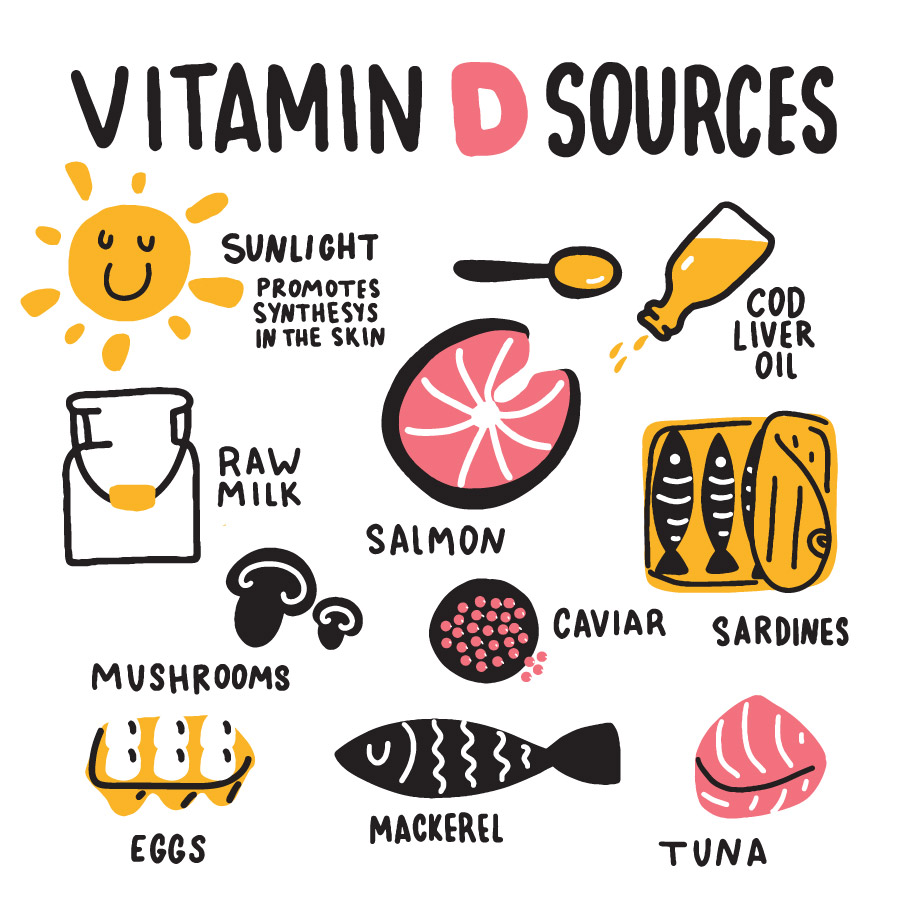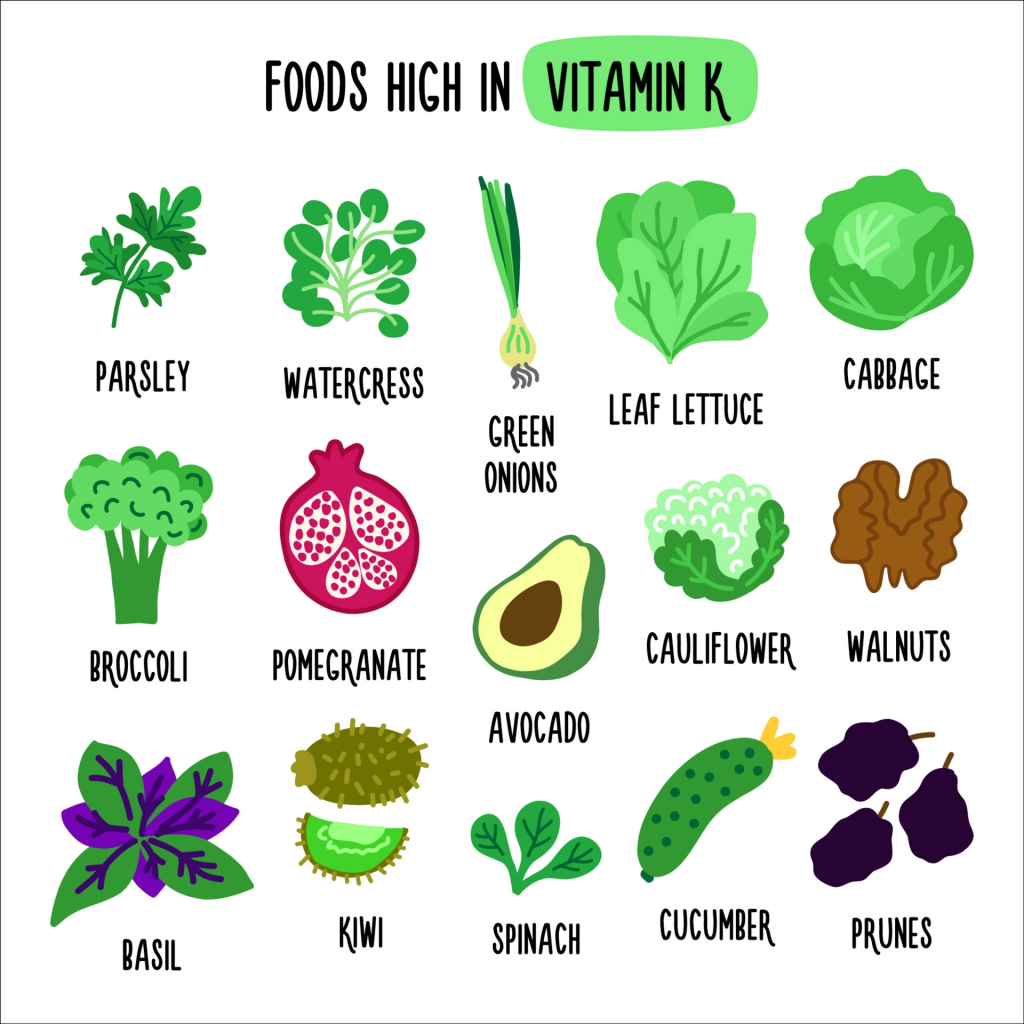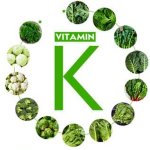Vitamin D and Vitamin K
Things We Talk About in the Gym Series –
Too Long; Didn’t Read (TL;DR) Short Version
Vitamins D and K work together to help keep our bones and blood healthy, and also to help protect us from getting sick. Eating healthy foods and taking supplements can help us get enough of these important vitamins.
The Long Version
These vitamins usually make the list of top vitamin deficiencies in America.
Let’s first talk about each of these vitamins and their natural sources
Vitamin D – Many people are deficient in vitamin D, which is mainly obtained through sun exposure and certain foods like fatty fish and fortified dairy products. Vitamin D is important for bone health, immune function, and may play a role in preventing chronic diseases like cancer and heart disease.

Vitamin K – Vitamin K is a less well-known nutrient that is important for bone and cardiovascular health. It is mainly found in fermented foods like natto and some cheeses.

How these two together create synergistic effects
Vitamin D and Vitamin K are involved in the regulation of calcium metabolism. Vitamin D helps the body absorb calcium from the diet, while vitamin K is necessary for the proper formation of bones and the proper clotting of blood. Together, these vitamins help to maintain strong bones and healthy blood clotting.
Vitamin K acts as a “cofactor” for vitamin D, which means that it is necessary for vitamin D to work properly. Specifically, vitamin K is necessary for the activation of a protein called matrix GLA protein (MGP), which is important for preventing calcification of blood vessels and other soft tissues.
Recent studies suggest that vitamin D and vitamin K may also have synergistic effects on the immune system. For example, some studies have found that vitamin D can enhance the ability of white blood cells to fight off infections, while vitamin K is involved in the formation of white blood cells. Together, these vitamins may help to strengthen the immune system and protect against infections.
Eating a healthy diet with a variety of nutrient-dense foods is a good way to get enough of both vitamins, and if necessary take supplements.
Disclaimer: It’s important to talk to a healthcare provider before starting any new supplements, as excessive intake of certain vitamins and minerals can be harmful.





 Previous Post
Previous Post Next Post
Next Post